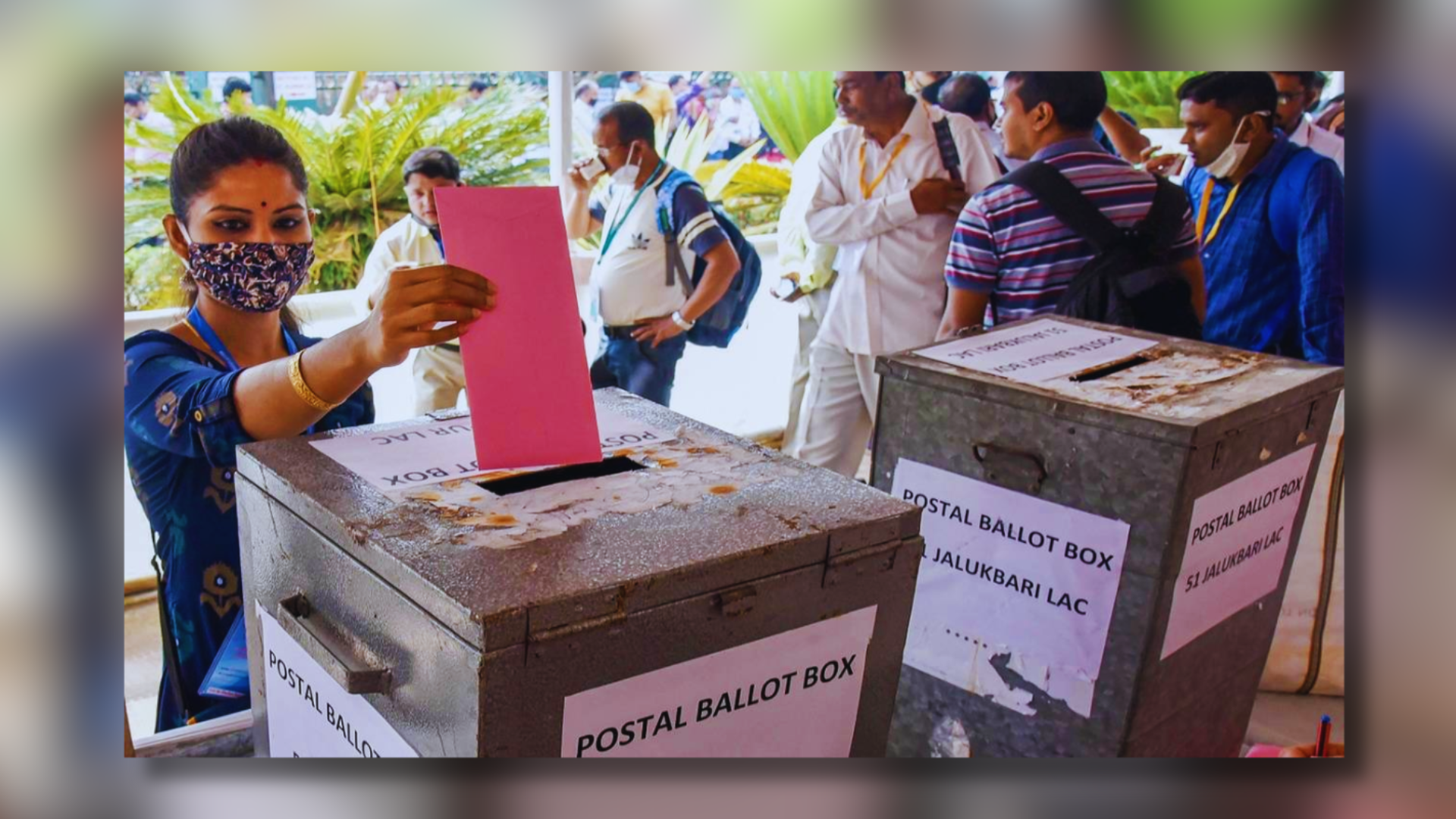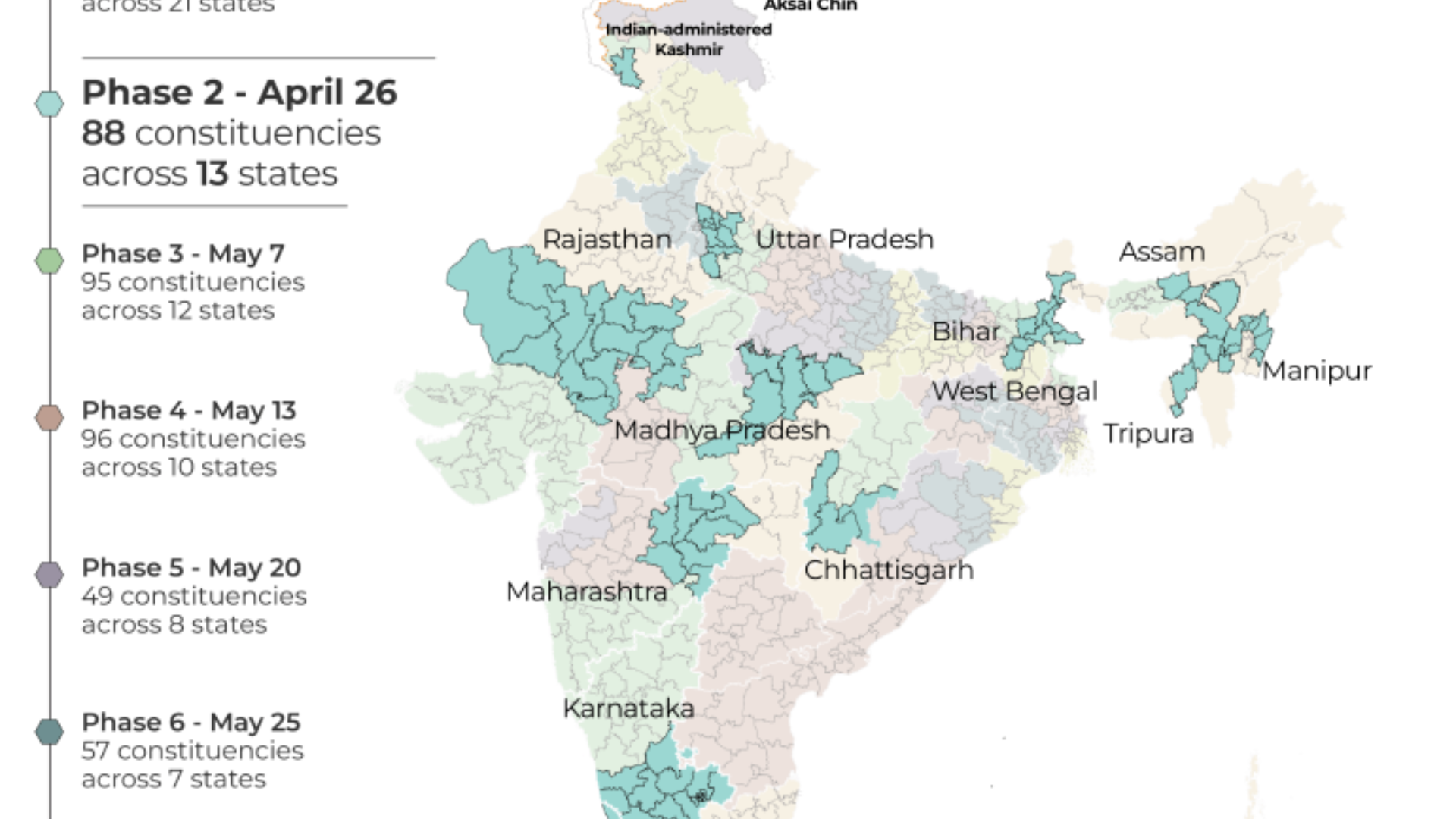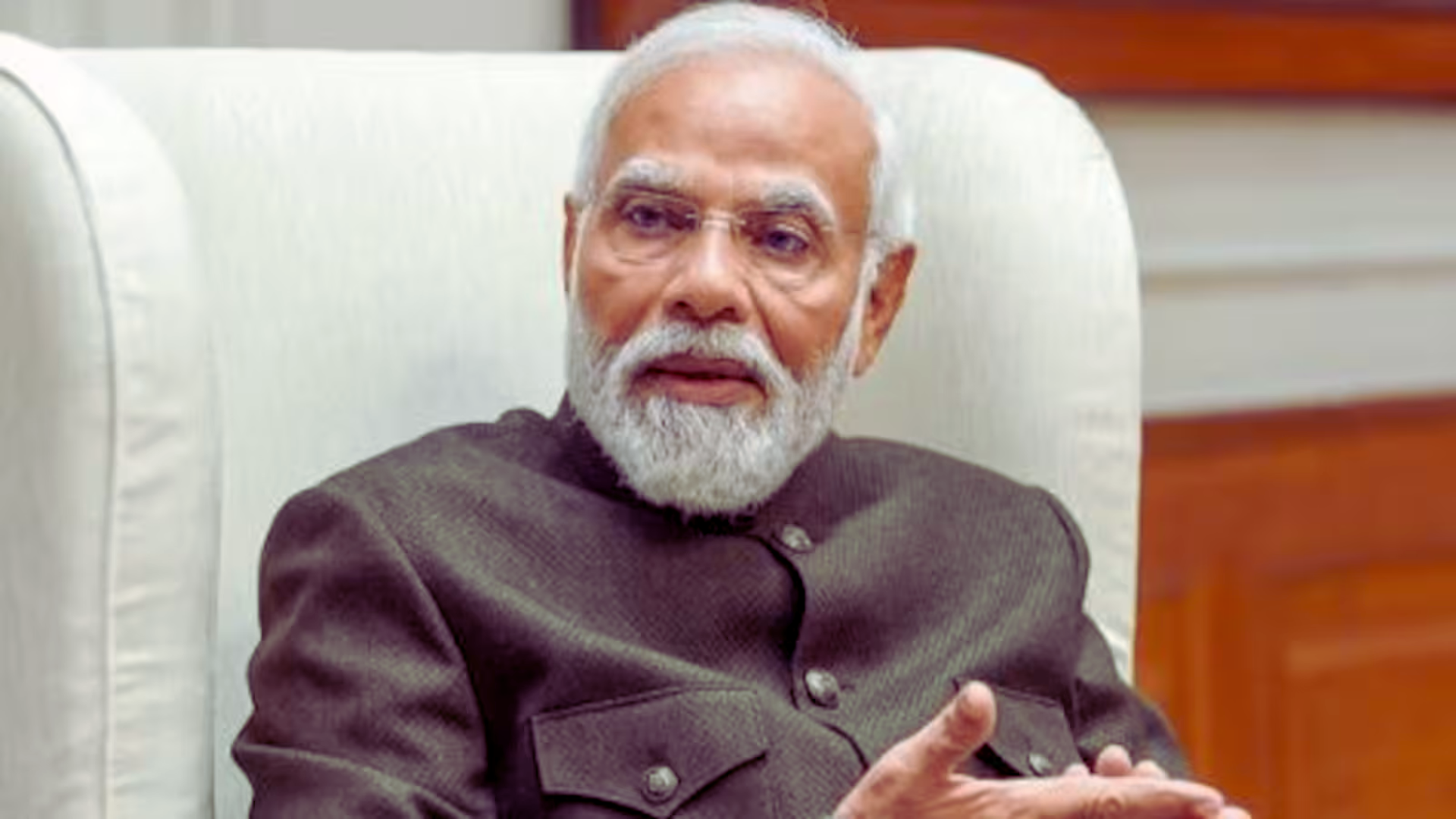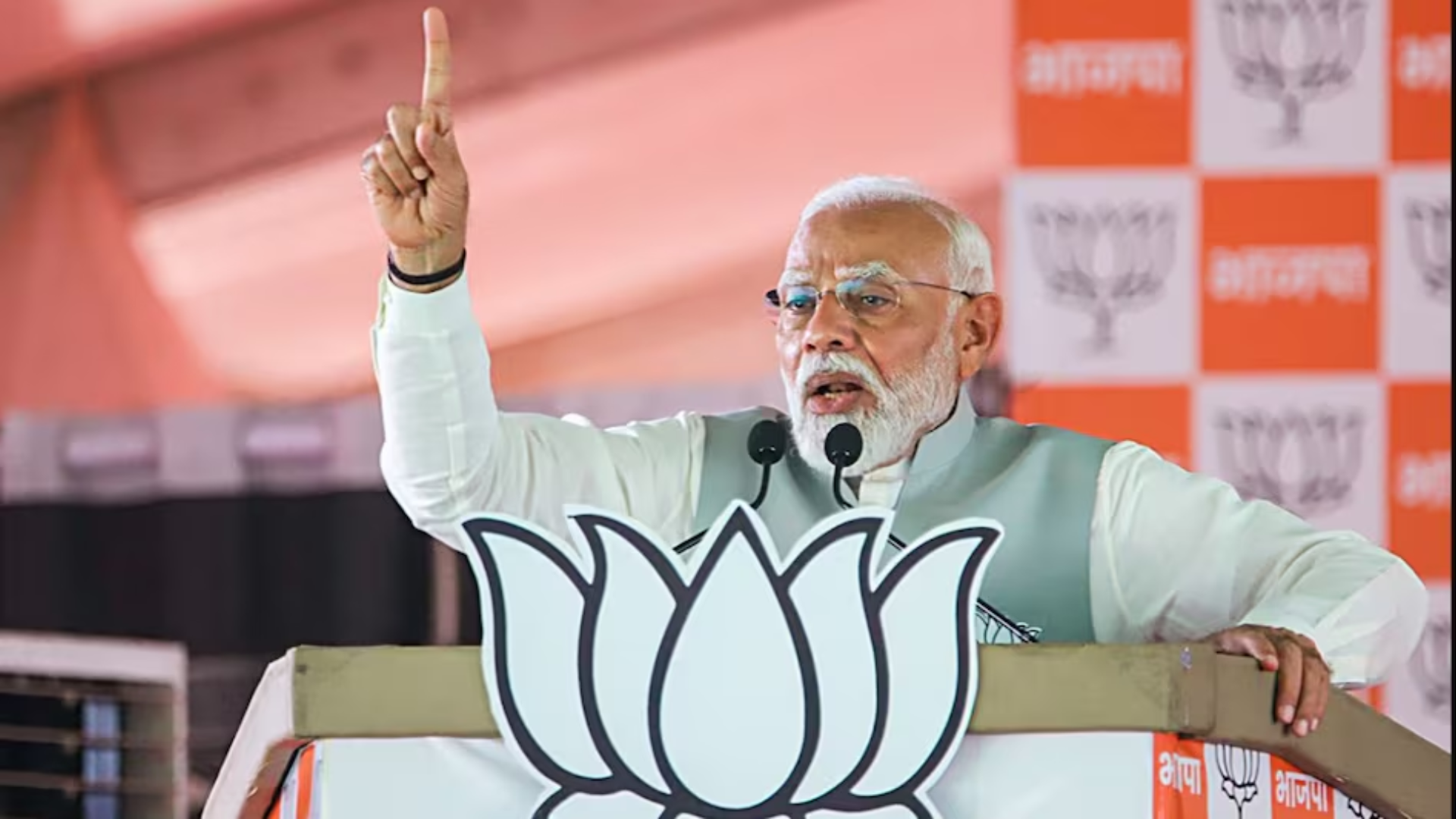





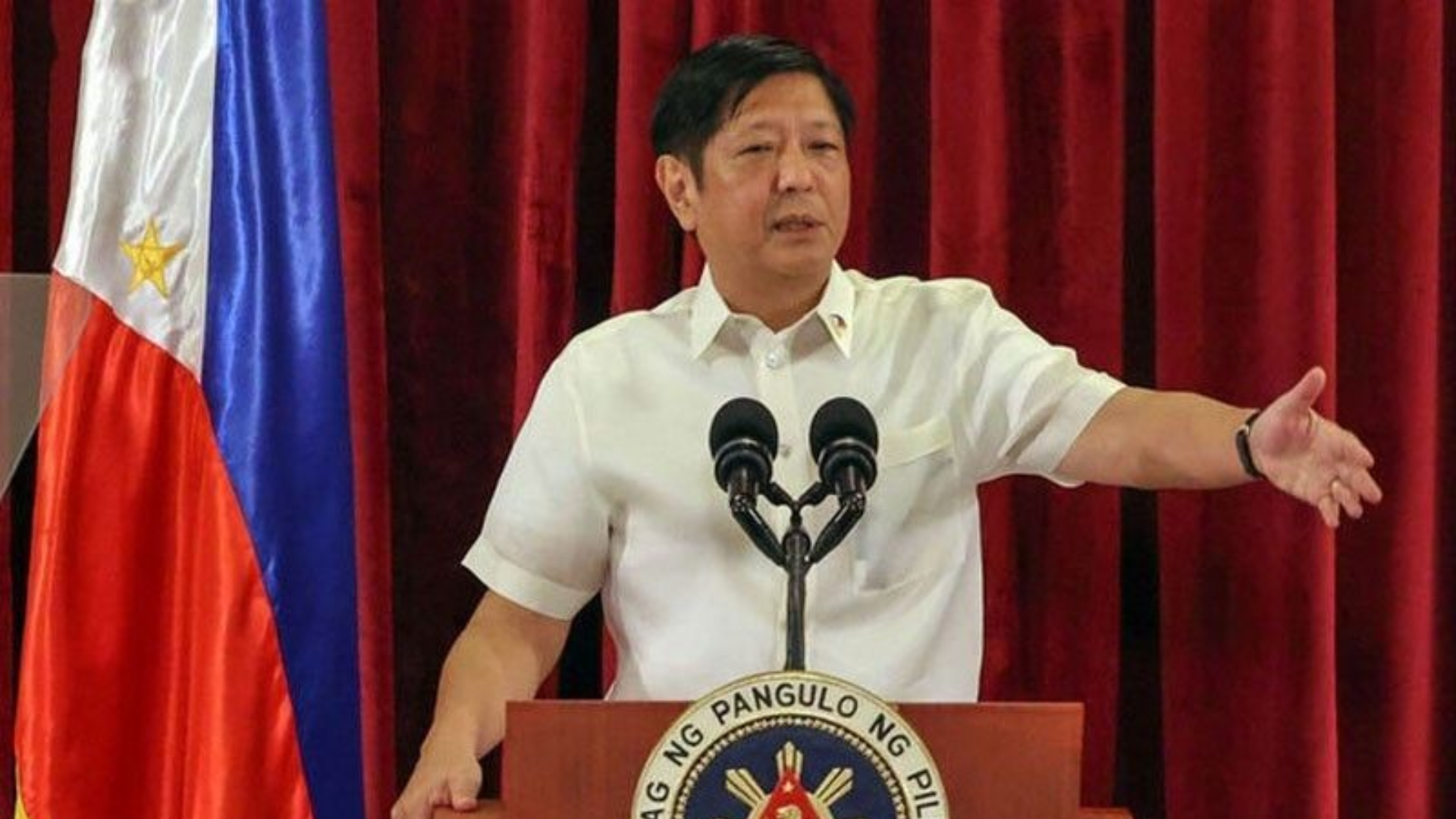



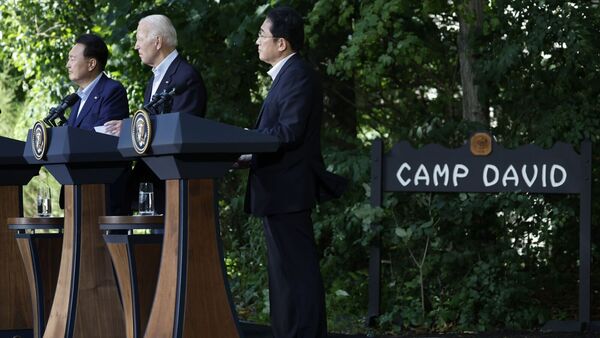
In a joint statement released on August 18, the United States, Japan, and South Korea denounced China’s “dangerous and aggressive behaviour” and expressed strong opposition to any efforts to alter the Indo-Pacific’s current status quo.
A joint statement titled “The Spirit of Camp David” was made during the first-ever trilateral summit between the three nations, which was held in the US, and it expressed support for their shared partnership.
The statement said, “Japan, the Republic of Korea, and the United States are determined to align our collective efforts because we believe our trilateral partnership advances the security and prosperity of all our people, the region, and the world.”
The three countries committed to deepening their bilateral ties and boosting their common goals for the Indo-Pacific region and beyond to new heights.
“We will strengthen our economies, provide resilience and prosperity, support the free and open international order based on the rule of law, and bolster regional and global peace and security, especially as current and incoming members of the United Nations Security Council (UNSC). We will strengthen our coordination on promoting democracy and protecting human rights. And we will enhance strategic coordination between the US-Japan and US-ROK alliances and bring our trilateral security cooperation to new heights,” the joint statement read.
The US, Japan, and South Korea also expressed their concerns about China’s support for illegitimate maritime claims in the South China Sea in a joint statement, as well as their strong opposition to Beijing’s unilateral actions that would alter the current situation in the Indo-Pacific waters.
“We are fully committed to continuing to eliminate barriers to economic participation and build diverse, accessible, and inclusive economies in which all our people—including women and marginalized groups—can succeed. We will work to further strengthen our people-to-people ties, including among our young people and students,” the joint statement further read.
“Today, we declare that a new chapter in our trilateral relationship has begun. We are aligned in our vision; undaunted in the face of our era’s greatest challenges; and, most of all, united in our belief that Japan, the Republic of Korea, and the United States can meet those challenges together, now and in the future,” the statement added.
They also expressed opposition to coercive actions, the militarization of reclaimed features, and the risky deployment of coast guard and marine militia vessels. They also raised worry over unreported and uncontrolled fishing that is unlawful and unreported.
The three nations reaffirmed their commitment to maintaining peace and stability in the Taiwan Strait, reiterating that their fundamental stances on Taiwan have not changed, and they called for peaceful solutions to any issues that may arise across the Strait.
“We reiterate our firm commitment to international law, including the freedom of navigation and overflight, as reflected in the UN Convention on the Law of the Sea (UNCLOS). The July 2016 award in the South China Sea arbitration sets out the legal basis for the peaceful resolution of maritime conflicts between the parties to that proceeding. We reaffirm the importance of peace and stability across the Taiwan Strait as an indispensable element of security and prosperity in the international community. There is no change in our basic positions on Taiwan, and we call for a peaceful resolution of cross-Strait issues,” the joint statement added.
The three nations reaffirmed their commitment to collaborating closely with ASEAN partners to ensure the strong implementation and mainstreaming of the ASEAN Outlook on the Indo-Pacific and expressed support for the ASEAN-led regional architecture.
In accordance with important UNSC resolutions, the US, Japan, and South Korea also reaffirmed their support for North Korea’s commitment to “complete denuclearization” and encouraged Pyongyang to give up its nuclear and ballistic missile programs.
Also Read: Nine newly elected members of Rajya Sabha to take oath on August 21
Catch all the Latest Business News, Breaking News Events and Latest News Updates on NewsX.





